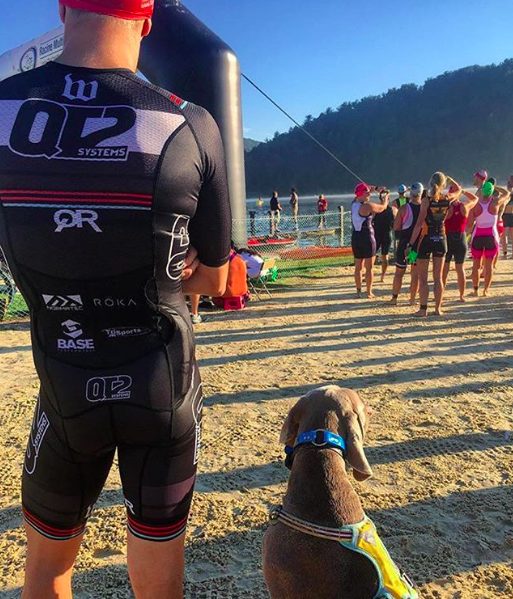Coach Paul Duncan: Alcohol and endurance gains
How exactly does alcohol intake impact your triathlon training?


Many of us have the occasional drinking nights, and some of us even have some extreme drinking weekends, but are we thinking about how it might affect us in terms of fitness and endurance?
Some things to consider:
Hydration: One way that consuming alcohol effects us on a physiological basis is the fact that it dehydrates us. Since alcohol is a diuretic… The more you drink, the more you pee, and the more dehydration occurs. Excessive drinking can even lead to severe dehydration and electrolyte imbalance. If you have a hangover, your electrolytes are most likely very out of balance and you are extremely dehydrated. In terms of endurance, even the slightest amount of dehydration can cause a dramatic reduction in performance, and can even effect your recovery even more. Not to mention if an athlete is severely dehydrated due to a hangover, they will see a reduction in energy, and feel overall more sluggish. So even if the athlete does muster up the motivation to get on the bike or go for the run, chances are the quality of the workout will be so low, that they might as well just stay at home and drink water and eat ramen.
Quality of sleep: Alcohol can dramatically lower your quality of sleep. After a night of drinking, most people can fall asleep quicker than normal, but it is quickly distracted, and once you reach your rapid eye movement stage, it can be dramatically reduced, and that is the most important stage of sleep. If you disrupt your sleep, you are most definitely disrupting your recovery, and your ability to get stronger and faster.
Testosterone Production: Drinking a small amount of alcohol (around 40g or less) in an evening likely won’t effect an athlete’s testosterone production, but if that number increase, studies show that the story changes. In 10-12 hours after consuming 3 drinks, a study has shown that testosterone was decreased by an average of 23%, not returning to “normal” level for over 30 hours. Thats a whole day and a half AFTER drinking that your body is achieving sub-par muscle protein synthesis. To add insult to injury, typically the worse the athletes hangover feels, the worse their testosterone will drop, and the longer it will take to recover.
Leucine Oxydation: Alcohol has also been connected to a decrease in Leucine Oxidation, which is an important component to building muscle.
Leptin: Even moderate amounts of alcohol can hinder the hormone, Leptin. This is a hormone that tells your body that it is “full”. So if you are trying to lose weight and achieve those fast run splits, this could be a problem. Have fun trying to battle those cravings for binge eating pizza rolls and burritos after a long night of drinking.
These are just a few things to consider when deciding if you want to booze it up for the weekend. If you have a specific endurance or fitness goal that you are trying to reach, it’s pretty safe to say that alcohol could be one of your worst enemies, however life is all about balance…So if you choose to drink up, be smart about it and try to do it in moderation, or don’t, but just be aware of the potential consequences.
What are your thoughts on the effects of drinking?
Paul is a United States Army Veteran, USAT Certified Coach, QT2 Systems Level 1 Coach, and OutRival Racing Level 3 coach.
Paul also competes in triathlon and running events in his spare time.
- 70.3 PR (4:24:26)
140.6 PR – (9:51:53) - Half Marathon – (1:24:21 open)
- Marathon – (2:57:27)
![]()

